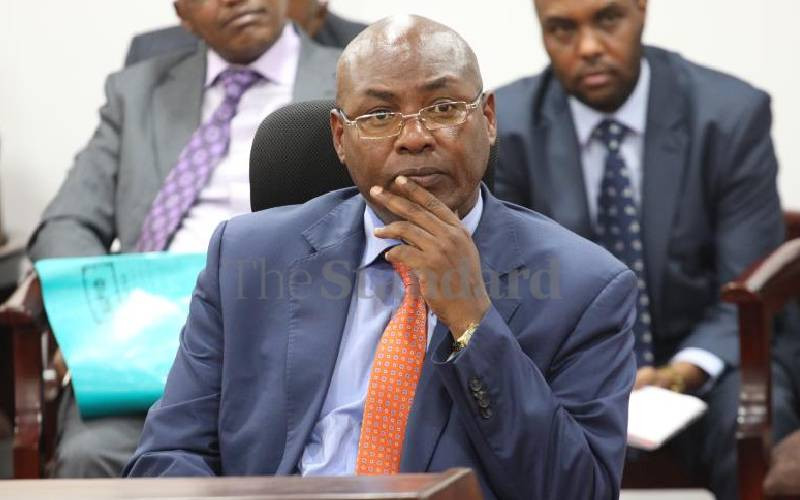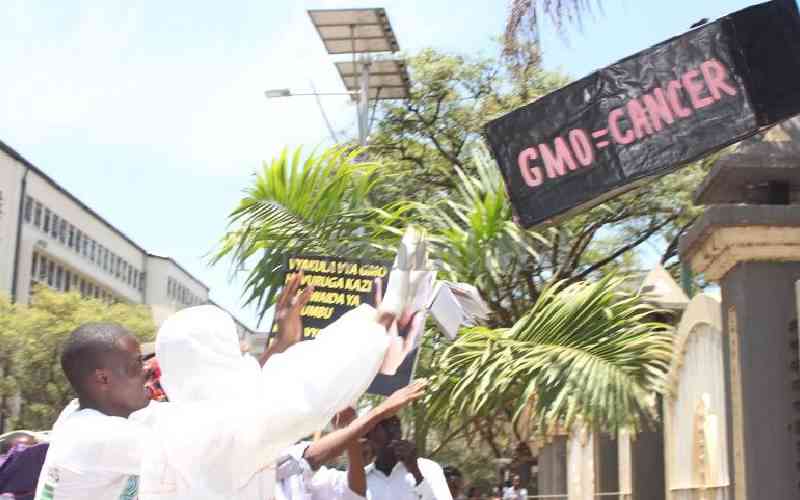A Covid-19 vaccine trial in Kenya has missed out on a key scientific report published by the developers this week.
Researchers close to the Kenyan trials blamed the delay on internal disagreement at the Ministry of Health.
The Kenya trial kicked off in October despite requests for approval made way back in April occasioning a delay of about six months, which has caused the current exclusion.
South Africa, where requests were made after Kenya, hastened approvals, commencing trials in June. It's data was included in the new report.
On Tuesday, the University of Oxford and AstraZeneca became the first Covid-19 vaccine developers to publish their full data in a peer-reviewed scientific journal.
The data is published from three of the four countries participating in their trials, including the UK, Brazil and South Africa, but excluding Kenya.
“A further phase I and II trial has recently been initiated in Kenya and is not reported here,” said the study appearing in The Lancet.
The report confirmed earlier claims that the vaccine is 70 per cent effective overall and safe for use.
So far the vaccine has the widest geographical and ethnic representation among the leading candidates having been tested in Africa, Europe and the Americas.
Several questions remain to be answered, including duration of protection and performance in different age groups and ethnicities.
“Some of this will be answered as more data accrue from the still ongoing studies in the various sites,” wrote the authors.
The Kenya study group says their final results, from about 400 participants, are expected later next year.
On Tuesday, Health CAS Rashid Aman said Kenya would likely opt for the Oxford vaccine mainly because it does not require a highly specialised cold chain for distribution, unlike the other two frontrunners.
Aman said Kenya needs to work on several gaps identified in the cold chain system.
 The Standard Group Plc is a multi-media organization with investments in media platforms spanning newspaper print
operations, television, radio broadcasting, digital and online services. The Standard Group is recognized as a
leading multi-media house in Kenya with a key influence in matters of national and international interest.
The Standard Group Plc is a multi-media organization with investments in media platforms spanning newspaper print
operations, television, radio broadcasting, digital and online services. The Standard Group is recognized as a
leading multi-media house in Kenya with a key influence in matters of national and international interest.











